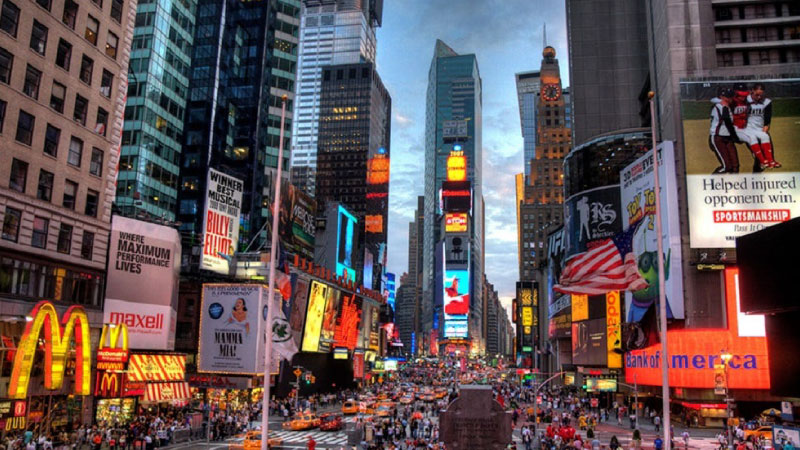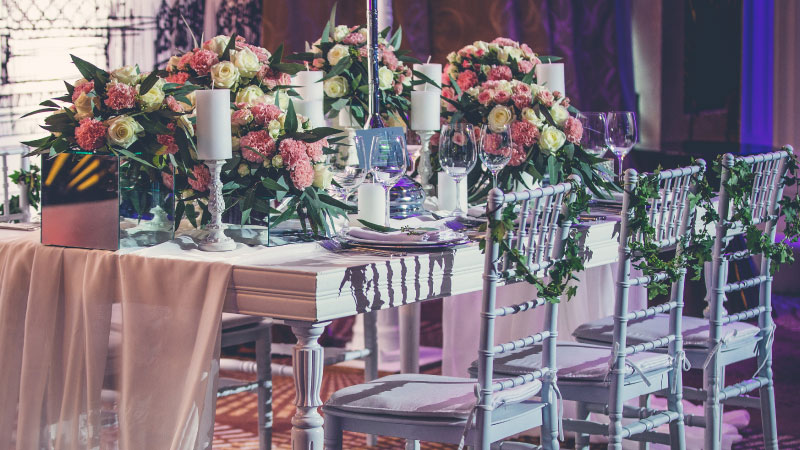The event planning industry is constantly evolving, influenced by technological advancements, changing societal norms, and the ever-shifting preferences of attendees. As the world rebounds from the disruptions of recent years, several trends are emerging that are reshaping how events are conceptualized, organized, and executed. Here, we explore the latest trends in event planning that are setting the stage for the future of the industry.

1. Hybrid Events
One of the most significant trends in event planning is the rise of hybrid events. These events combine in-person and virtual experiences, offering flexibility and accessibility to a wider audience. Hybrid events are particularly valuable in a post-pandemic world, where travel restrictions and health concerns remain prevalent. By leveraging technology, organizers can create engaging experiences for both on-site and remote attendees, ensuring broader reach and inclusivity.
2. Sustainability and Eco-Friendly Practices
Sustainability is no longer a buzzword but a crucial aspect of event planning. Attendees are increasingly conscious of their environmental footprint, prompting organizers to adopt eco-friendly practices. This includes using biodegradable materials, reducing waste, sourcing locally, and selecting venues with green certifications. Sustainable event planning not only benefits the planet but also enhances the reputation of organizers who demonstrate a commitment to environmental responsibility.
3. Personalization and Attendee Experience
Personalization is becoming a cornerstone of successful events. Attendees expect tailored experiences that cater to their interests and preferences. This can be achieved through personalized invitations, customized agendas, and interactive elements that allow participants to curate their event journey. Technologies such as AI and data analytics play a significant role in understanding attendee behavior and delivering personalized experiences that enhance engagement and satisfaction.
4. Technology Integration
The integration of advanced technologies is transforming the event planning landscape. Virtual reality (VR), augmented reality (AR), and artificial intelligence (AI) are being used to create immersive experiences, streamline logistics, and enhance attendee interaction. For instance, VR can transport attendees to virtual venues, while AI-powered chatbots can assist with real-time queries. Technology not only elevates the event experience but also provides valuable data insights for future improvements.
5. Health and Safety Protocols
In the wake of global health concerns, stringent health and safety protocols have become paramount in event planning. Organizers are prioritizing measures such as contactless check-ins, sanitation stations, and social distancing to ensure the well-being of attendees. Health and safety considerations are now integral to event design, influencing everything from venue selection to catering services.

6. Unique and Unconventional Venues
The demand for unique and unconventional venues is on the rise. Traditional conference centers and hotel ballrooms are being complemented by more distinctive locations such as art galleries, historical landmarks, and outdoor spaces. These venues add an element of novelty and excitement to events, making them more memorable and Instagram-worthy. The choice of venue often reflects the event’s theme and enhances the overall experience.
7. Focus on Mental Health and Well-being
Event planners are increasingly incorporating elements that promote mental health and well-being. This includes designing events with relaxation zones, mindfulness sessions, and wellness activities such as yoga or meditation. Recognizing the importance of mental health, organizers aim to create environments that foster relaxation, creativity, and meaningful connections among attendees.

8. Inclusive and Diverse Events
Inclusivity and diversity are at the forefront of modern event planning. Organizers are striving to create events that are accessible and welcoming to all, regardless of age, gender, race, or ability. This involves ensuring diverse representation among speakers and performers, providing accommodations for individuals with disabilities, and fostering an inclusive atmosphere. Diverse and inclusive events not only enrich the experience for attendees but also reflect the values of the organizing entity.
The event planning industry is experiencing a dynamic transformation, driven by technological advancements, environmental consciousness, and evolving attendee expectations. Hybrid events, sustainability, personalization, and health and safety are some of the key trends shaping the future of event planning. By staying abreast of these trends and embracing innovation, event planners can create memorable and impactful experiences that resonate with attendees and stand the test of time. As we look ahead, the ability to adapt and innovate will be crucial in navigating the ever-changing landscape of event planning.



